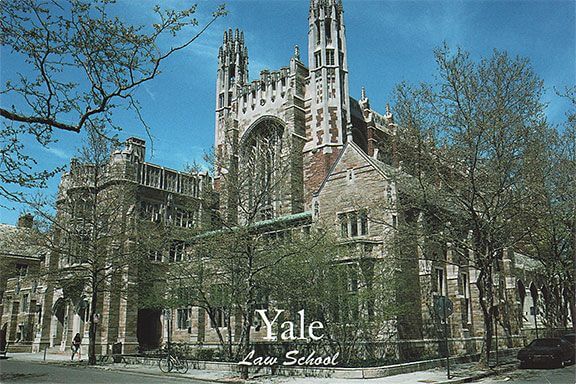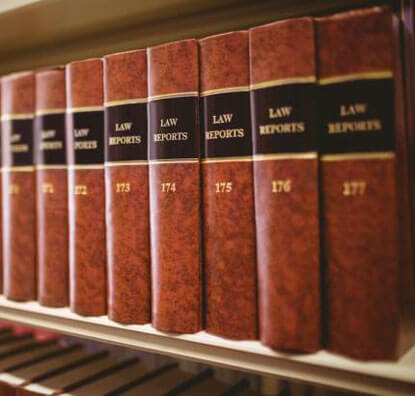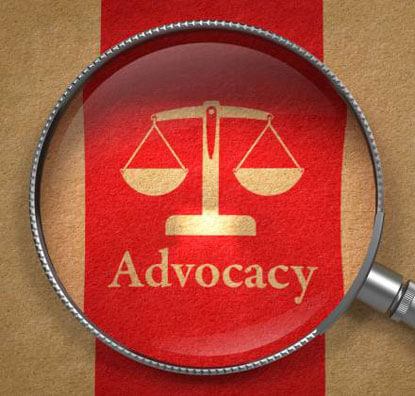
Although some students and professors feel unsafe attending courses due to coronavirus, many law school deans want in-person classes this fall. However, they are looking into various alternative plans which they hope will meet ABA accreditation standards.
Some deans think law schools might opt for hybrid courses in the fall, with both remote and in-person classes.
“We have to do what is best for the health of our students and faculty, and I am sure that in the pandemic, regulatory bodies will be reasonable about this,” says Erwin Chemerinsky, the dean of the University of California at Berkeley School of Law.
Other deans are not as confident and wonder if they will require any accommodations for the ABA’s distance education standard.
Law schools are allowed to offer up to one-third of their credits online, 10 of which can be for first-year classes, under ABA Standard 306.
According to a guidance memo published by the ABA’s Section of Legal Education and Admissions to the Bar, distance learning could be an adequate solution for emergency situations where law school facilities are unavailable, or something prevents students from getting to the campus. However, students and schools may not have the technology need for distance learning, and faculty might not be trained with that type of teaching, the memo cautioned.
ABA’s managing director emeritus of accreditation and legal education, Barry Currier, told the ABA Journal that law schools had shared their emergency distance learning plans with the Section of Legal Education and Admissions to the Bar. Currier said schools wanted to adjust the education plans while still preserving academic integrity, and the council of the section should make sure the school didn’t go too far.
The memo was published as general guidance and does not include a specific time frame. However, the dean of New York’s Syracuse University College of Law, Craig Boise, told the ABA Journal some deans are not sure if the guidelines will extend through the fall. Since 2018, Boise’s law school has had a variance that allows a limited group of students to get a law degree trough an online program which includes in-person courses. For the traditional J.D., Boise would like to have a full in-person program by the fall, but potential state laws might demand schools limit the number of students in classrooms.
“It’s very likely we’ll end up with some sort of hybrid model with some form of social distancing in a residential program. The very nature of a university is the opposite of social distancing, and how you lower the risks associated with the coronavirus and still allow for some interaction is not clear,” Boise says.
Considering the health crisis caused by COVID-19, law schools want the students to have choices about attending classes remotely or in person. But, according to Boise, even if the entire class attends in-person and only one person attends the class remotely, it would be considered an online course for traditional accreditation purposes.
Professors concerned about the safety of in-person classes wonder whether streaming themselves to a room full of students would be considered remote learning under the ABA standard.
“My understanding is that it would still be considered distance learning when we have faculty separated from students,” says D. Gordon Smith, the dean at J. Reuben Clark Law School at Brigham Young University.
Smith assumes the council does not have enough time to revise Standard 306 between now and the fall term. If fall courses need to all be online, law schools will need accommodation from the current version of Standard 306, Smith says.
There is a potential revision pending to fold Standard 306 into Standard 105, which deals with substantive modifications in programs.
The managing director of ABA accreditation and legal education, Bill Adams, told the ABA Journal that the proposed revision is not pursuant to the pandemic.
“It is a change in the review process alone, and the substantive change process is more appropriate under our standards. It will not change the limits on distance education nor make it easier or more difficult to obtain,” he wrote in a statement.
The U.S. Department of Education wants an assurance that schools meet distance learning guidelines requiring regular and substantive interactions between instructors and students.
If schools fail to meet the distance education guidelines, the department considers the offerings correspondence programs, which have many more student aid restrictions.
Learning and teaching amid the COVID-19 pandemic has been difficult at law schools without existing online programs, according to Ellen Murphy, an instructional designer in teaching online and the associate dean of strategic initiatives at North Carolina’s Wake Forest School of Law.
“This is crisis remote teaching and learning. This is not online learning,” Murphy says. “I think what the pandemic has done is make us recognize that we have to be more nimble and flexible. Really good things can come from being more nimble and flexible.” Murphy told ABA Journal.
Murphy hopes schools will offer mandatory online training about teaching remotely this summer.
“There was a perception before this that online learning could only be one thing, and it was inherently limited. Professors are figuring out that it’s not limited. I’ve seen professors become more open-minded, but I think training is key,” Murphy says.






































